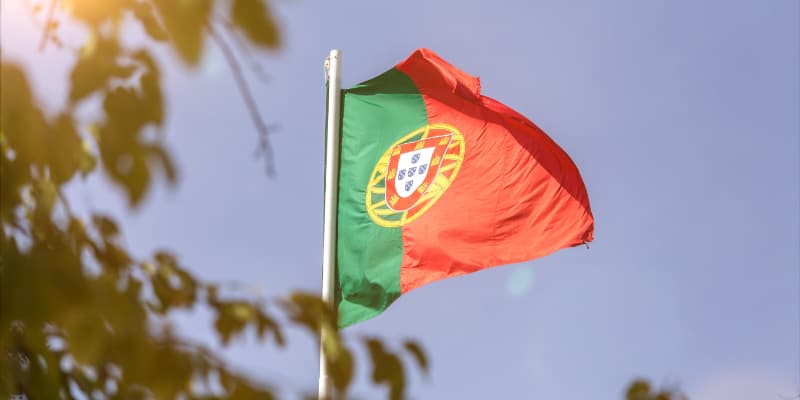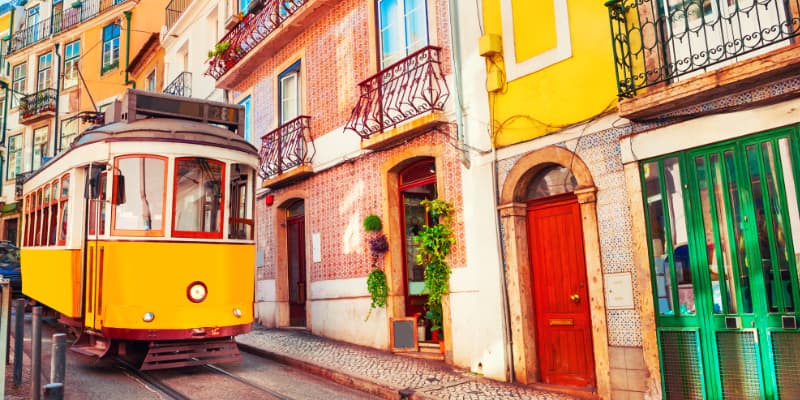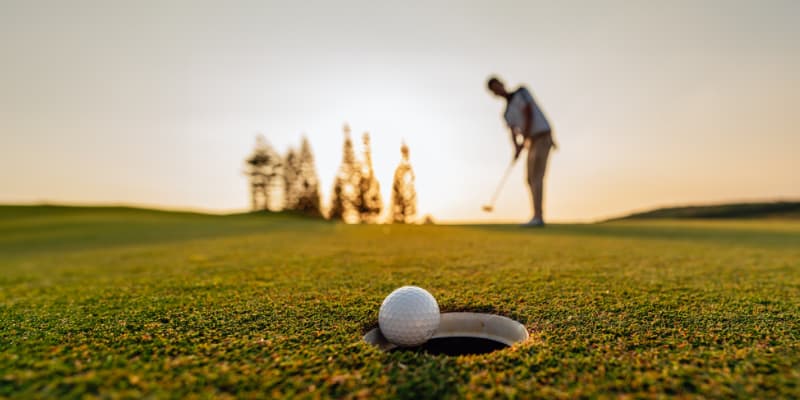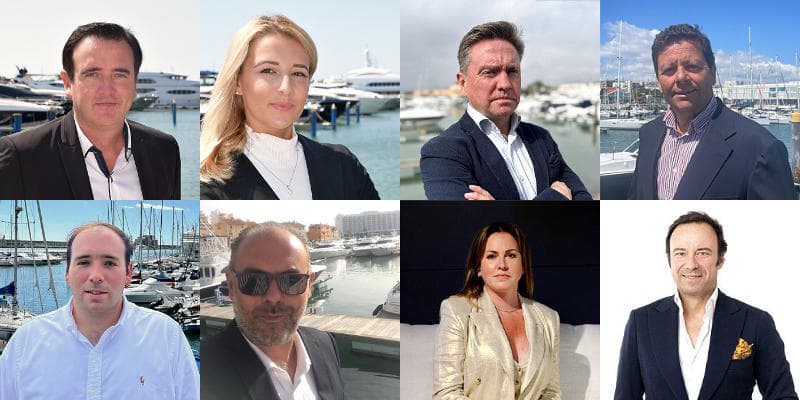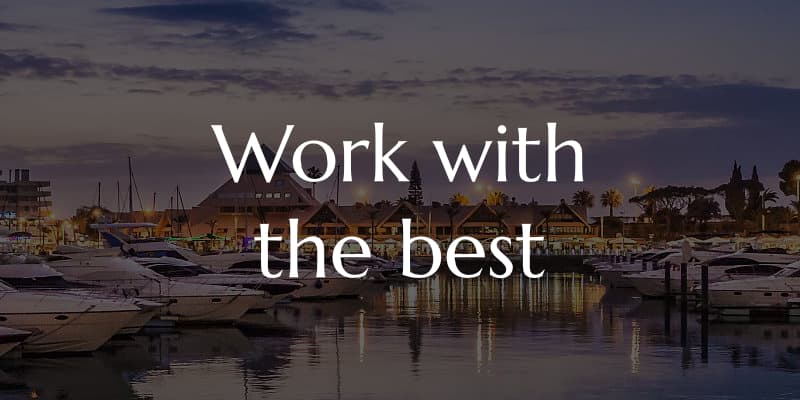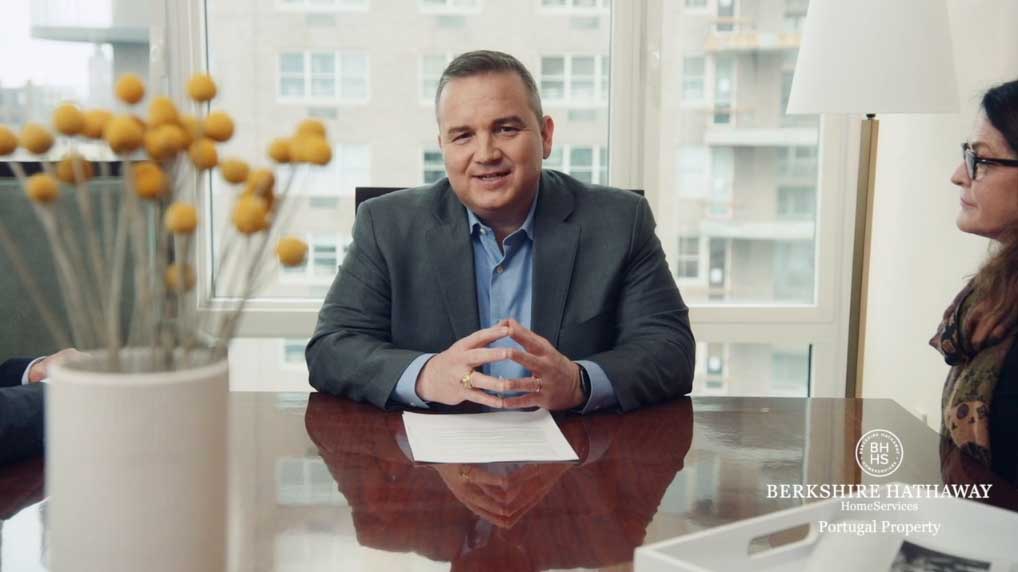Education in Portugal
Schools and other educational institutions in Portugal are regulated by the state through the Ministry of Education and the Ministry of Science, Technology and Higher Education.
Public schooling is free, but schools don’t give out any books or materials; financial support is given to low-income families. There are also many private schools in Portugal for all levels of education. Normally parents have to pay if they choose private schooling for their children, but if the state-run schools in the area are fully enrolled, private school tuition is, partly or sometimes fully, paid by the state.
Compulsory education lasts twelve years from the age of 6 up to the age of 18. Children aged 6 by September the 15th must be enrolled in their first year in that calendar year. The school year generally runs from the middle of September to the end of June.
Pre-school/Kindergarten (Jardins de Infância)
Pre-school education is optional from the age of 3 to the age of 5. There are both free state-run pre-schools as well as private-run pre-schools where you have to pay a monthly fee.
Basic Compulsory education (Ensino Básico)
Basic education is divided into three parts or cycles:
1st cycle is for pupils aged 6 to 10 lasting for four years
2nd cycle is for pupils aged 10 to 12 lasting for two years
3rd cycle is for pupils aged 12 to 15 lasting for three years
Pupils attend the local primary school (escola básicas) for the first part of the education. The second and third part is provided by secondary schools (escolas básicas/secundárias).
At the end of the third cycle pupils are awarded with a certificate of basic education provided that they achieve the required standard in the general assessment.
Secondary education (Ensino Secundário)
At years ago when pupils had completed the basic compulsory schooling they had the choice to continue to secondary education or not. Now, since the secondary education is compulsory, students can enrol on two different types of programmes both lasting for three years. One programme is more orientated towards higher education and the other is more work-oriented. One programme is more orientated towards higher education and the other is more work-oriented. Contrary to basic education, secondary education is not free and students must pay for tuition as well as book and materials.
Students who successfully complete the secondary education will receive a certificate indicating the courses they have followed and the grades they have achieved.
Higher Education (Ensino Superior)
Students who have obtained a secondary diploma with a higher enough grade can now continue to the higher education system that consists of public universities, polytechnics and different private educational institutions. These have to be recognised by the ministry of education.
Some courses of higher educational level requires that the students have to pass an entry examination set by the institution or a national exam set by the Directorate of Higher Education.
For any further information on Property for sale in Portugal or on getting your qualifications recognised in Portugal, contact the Portugal property team at info@portugalproperty.com
